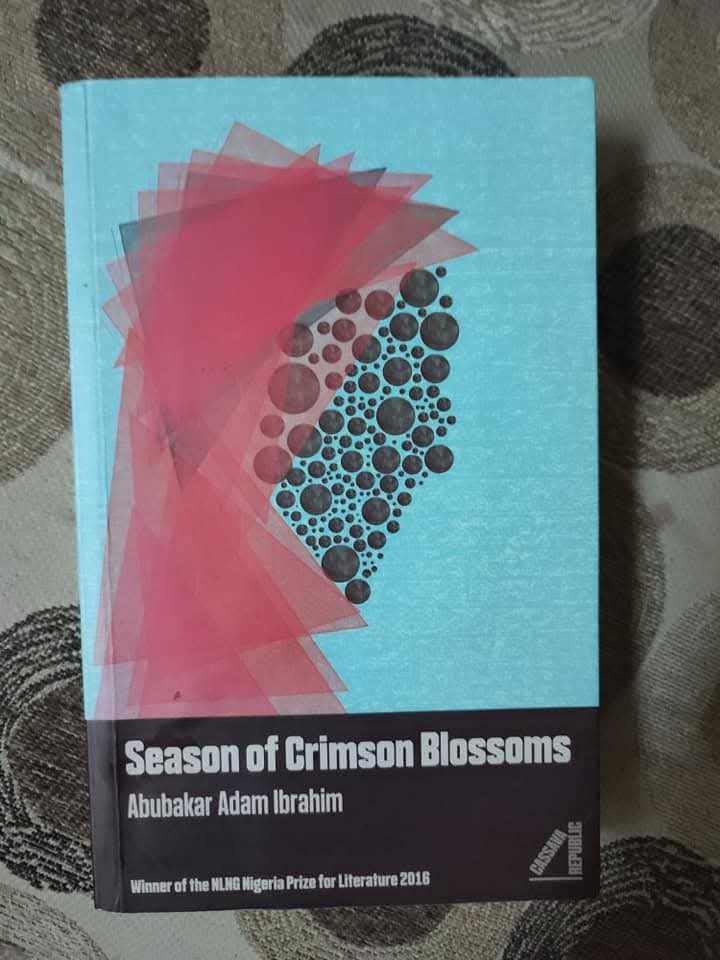“One afternoon, in a town in southeastern Nigeria, a mother opens her front door to discover her son's body, wrapped in colourful fabric, at her feet. What follows is the tumultuous, heart-wrenching story of one family's struggle to understand a child whose spirit is both gentle and mysterious.”
Your heart begins to crack the moment you read this synopsis. Imagine what Vivek’s mother must have felt in that instant—her world, once bright with love and hope, collapsing in front of her eyes. The questions that must have raced through her mind.
Vivek’s story both begins and ends in a small town in southeastern Nigeria.
From an early age, he sensed that something about him was different. He didn’t always have the words to explain it, but he felt it deeply—and lived it. Born just after his grandmother’s death, in a household steeped in grief, he carried wounds that only grew sharper with time. Fear, loneliness, shame, yearning, and sorrow seeped through the cracks.
He hid behind silence, withdrawal, and an appearance of fragility. On the outside, he seemed like a troubled, delicate young man—often aloof, sometimes distant, and prone to what his family thought were “episodes.” His relatives attributed it to instability. His parents thought they were harmless, quiet spells. They were all wrong.
In reality, it was a mask—a way to conceal his deeper struggle with gender identity, self-expression, and the fear of rejection in a conservative Nigerian society. He struggled to navigate the complexity of being gender non-conforming in a society that polices identity harshly. He longed to embrace his femininity and truest self, but the cultural weight of silence, secrecy, and conformity crushed him.
His mental and emotional turmoil wasn’t madness—it was a battle for selfhood.
Did anyone understand him?
His mother, Kavita, loved him but couldn’t fully grasp his reality—she saw the symptoms, not the root.
His father was more detached, part of the silence.
Osita, his cousin, came closest. Their relationship, complex as it was, gave Vivek some space to express himself.
Overall, the tragedy is that very few people truly understood or accepted him while he was alive.
So, what led to his death?
I hope we won’t be giving any spoilers.
Vivek’s death came about from a clash between his inner truth and the rigid expectations of the world around him. It wasn’t just about one moment. It was the slow, crushing weight of silence, misunderstanding, and fear that built over time.
Vivek’s death shows how often society erases, suffocates, or destroys any identity that makes them uncomfortable.
The real heartbreak: Vivek’s death is less about how he died and more about why he could not live fully.
And yet, there’s hope. In telling Vivek’s story, Emezi reminds us that understanding is possible. Acceptance is possible, and so is love, even through imperfection.
Vivek’s life may have been brief, but his spirit lingers as a call: to create a world where no one has to hide, and where every soul can be fully seen. We need to learn to embrace those who dare to live authentically.




